Turkey poultry farming in Nigeria is a growing industry for at least two reasons. First, turkey meat is highly nutritious and can be consumed by people of all ages and dietary needs. Second, turkey production in Nigeria is actually a surprisingly easy business to start and run. Find out how to start turkey farming right now!
Buy quality turkeys from top Nigerian sellers on Jiji
1. Is turkey farming profitable in Nigeria?
The agriculture business is on the rise right now in Nigeria, but it doesn’t automatically mean that you are entitled to huge profits if you decide to launch an agricultural enterprise. Before embarking on a full-scale turkey business, you first need to do a feasibility study on turkey rearing.
Turkey farming in Nigeria is actually one of the easiest and cheapest business to start. If you have a large backyard, you can do it in your own home! To start, you will need 5 turkeys: 2 female and 3 male ones. So how much is a turkey? Each turkey will cost you around ₦20,000 for an adult bird. Turkey chicks cost significantly less but are more difficult to breed and require bigger investments.
Other expenses will largely depend on the specifics of your turkey rearing business. For example, if you plan to launch a free-range farm, you can save money on housing, although someone will need to constantly keep an eye on the turkeys.
If you prefer a more traditional form of turkey business in Nigeria, which means keeping the birds in cages, you will need about ₦200,000 for starting a turkey farm. This amount includes the housing, feeding, and treatment expenses.
There are several ways you can make money with a turkey farm. You can sell adult turkeys or turkey chicks to other farmers. You can also sell adult turkeys to people involved in meat processing, who will then sell them fresh or frozen. Moreover, you can process the meat yourself and also sell it fresh or frozen.
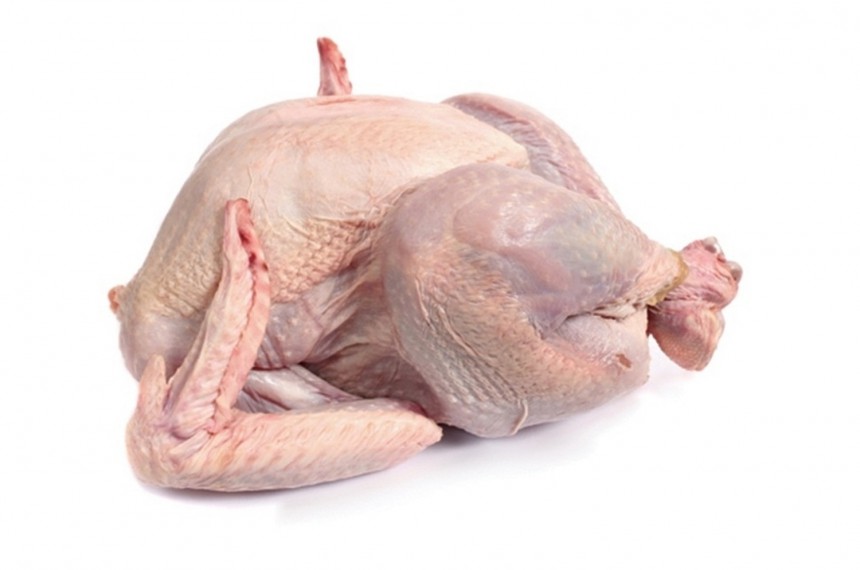
2. Breeds of turkeys
One of the most important parts of any turkey farming guide is deciding which breeds you will go for. Wondering what breed of turkey is best for eating? In Nigeria, there are several turkey breeds to choose from that are all known for their excellent breeding potential and delicious meat. The most popular breeds are White Hollands, Standard Bronze, Bourbon Reds, and Broad-Chested Whites.
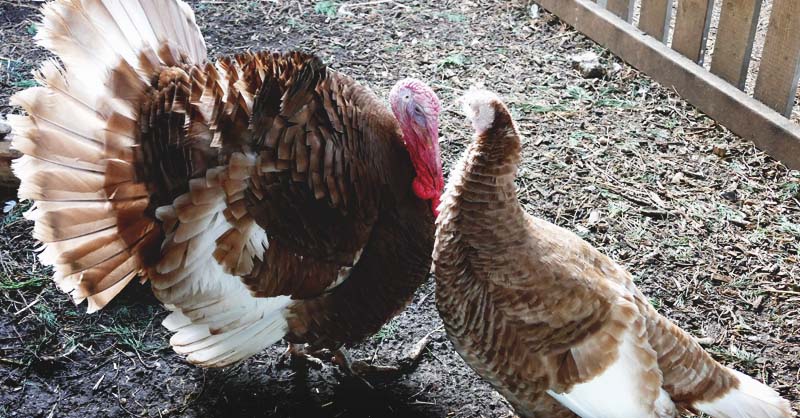
3. Where to learn turkey farming?
While turkey farming is considered to be an easy type of agricultural business, there are still plenty of secrets you need to know in order to enjoy a good turkey farming profit. The best way to learn the specifics of a turkey rearing business is to watch how an already established farm works. You can become an apprentice to a nearby farmer – that way you’ll get valuable experience that you can then transfer to your own enterprise.
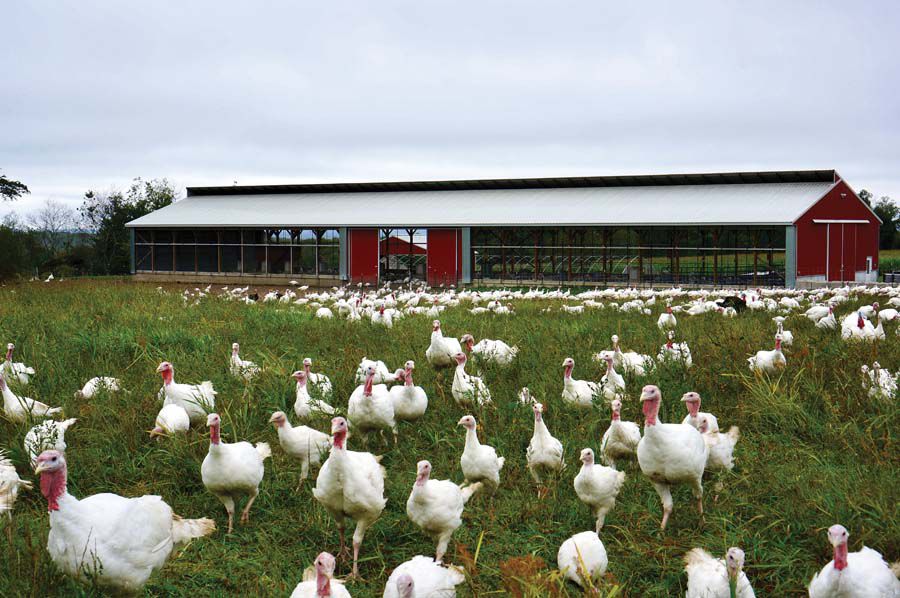
4. Housing and feeding
Turkeys aren’t the most demanding farm animals when it comes to housing: they can be efficiently kept in special poultry cages called coops. However, turkeys need plenty of space to move around while they’re growing up, so make sure there is at least 1 square meter for each turkey in your coop.
If you have any experience with breeding chickens, you already have a pretty good idea about feeding your turkeys. Like chickens, turkeys are mostly kept on a diet of grains with an addition of vegetables, fish, and dried eggshells, which are an essential source of calcium. Always leave plenty of fresh water for your turkeys!
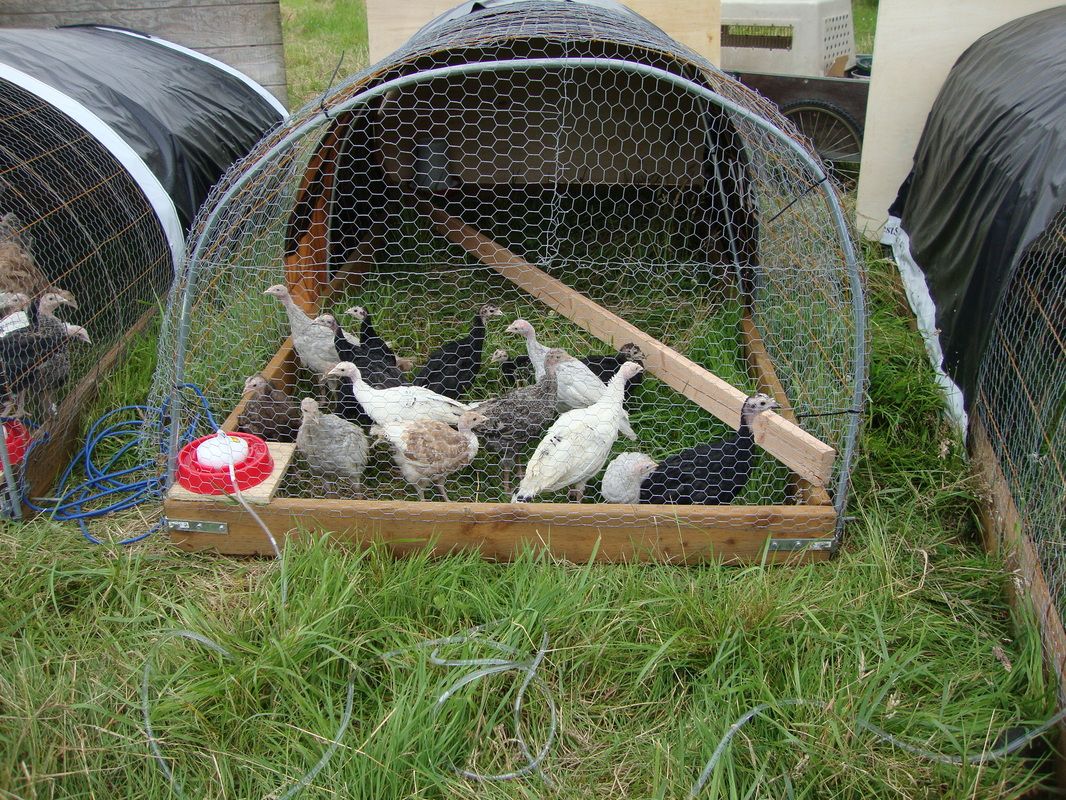
5. Advantages and risks of turkey farming
The pros of turkey farming include:
- Fast turnaround time. But how long does it take for a turkey to grow to full size? It takes just 4-5 months for a turkey to reach its adult age, at which point you can already sell it!
- Stable demand for adult turkeys, turkey chicks, and turkey meat. Nigeria now buys most of its turkey meat from domestic farmers, so now it the best time to join the industry.
- Farming turkeys is a far less capital-intensive business than most other agricultural enterprises.
The only major risk of farming turkeys is the various pests and diseases that can harm your turkeys or even wipe out the whole farm. The solutions here are to vaccinate your turkeys properly, to maintain the hygienic state of the farm, and to eliminate the pests like rodents, insects, and snakes.
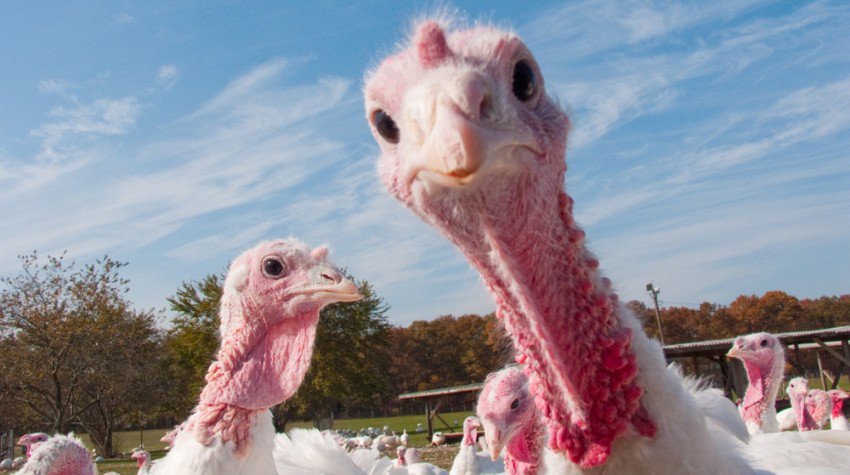
Start a successful business from your phone with the Jiji app










